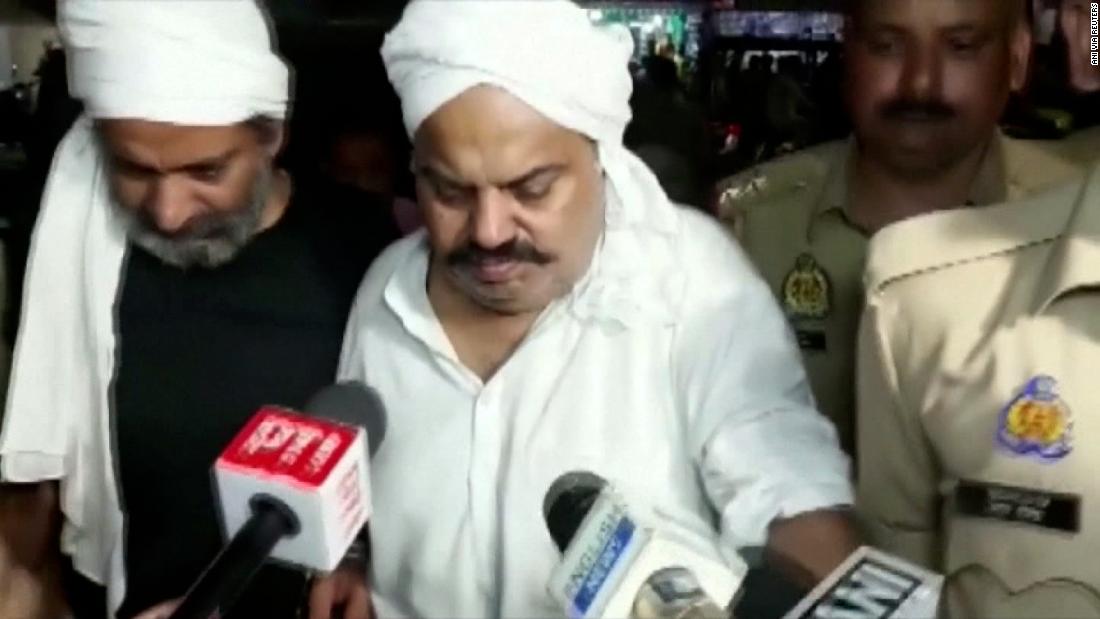SOONER or later it is going to dawn on Keir Starmer and Rachel Reeves that no, it wasn’t such a good idea to award public-sector workers an unconditional £10 billion worth of pay rises in one of their first acts after taking power last July.
The RMT has shown once again that public-sector unions don’t do gratitude.
AlamyThe RMT has called for a week-long strike in September[/caption]
AFPEconomic growth is stagnant and tax increases are failing to generate the revenue that the Chancellor hoped for[/caption]
By calling a week-long strike for September, the RMT hasn’t so much bitten the hand that feeds it as munched it right off.
It isn’t just the RMT, either. The BMA union has already taken junior doctors out on a five-day strike and is planning more walkouts — demanding a 29 per cent pay rise on top of the 22 per cent one they received last year.
Prospects for rail passengers and hospital patients wouldn’t look quite so bleak had the Government not rashly repealed the law passed by Rishi Sunak’s administration requiring unions to ensure minimum service levels on strike days.
That was another foolish act which is coming back to haunt the Government.
But worse than the unions’ lack of gratitude is their failed grip on reality.
I could forgive a London Tube cleaner for not appreciating the scale of the fiscal crisis the country is facing, but there is no excuse for union leaders not to do so.
If the RMT’s leaders really think there is any cash for another fat pay rise, they must be bricked inside some long-disused tunnel where no economic news ever penetrates.
Britain is bust. That is becoming clearer by the day.
This year the Government will have to shell out more than £100billion a year — more than it spends on either education or defence and about two thirds of what it spends on the NHS — just to pay the interest on its debts.
Not only that, it will run a deficit this year of £140 billion.
That is the sum which will be added to the national debt, further increasing the interest bill next year.
Economic growth is stagnant and tax increases are failing to generate the revenue that the Chancellor hoped for because they are discouraging economic activity.
The number of payrolled employees plunged by 178,000 in Labour’s first year in office, thanks in large part to employers laying off workers to avoid being flattened by a sharp rise in their National Insurance bill.
You can’t keep extracting money from businesses and expect the economy to thrive.
What looked like a promising burst of growth in Sunak’s last months in power has evaporated.
The economy has stagnated and with it tax revenues — the Government took an extra 3.9 per cent in tax in 2024-25 compared with the year before, which is only just ahead of inflation in spite of tax rises.
At the same time, public-sector productivity has crashed — last year the average worker produced 4.2 per cent less than they did in 2019.
That is a disgrace, especially considering technological advances that ought to be helping to increase output.
The Prime Minister blathers on about how Artificial Intelligence is going to transform public services, even helping to fill potholes in the roads (although he hasn’t explained how).
Yet the sad truth is that, to date, information technology has done nothing to improve performance in the public services.
Productivity is a little lower even than it was 28 years ago when Tony Blair came to power.
If an economy cannot produce more, living standards cannot rise.
Low productivity
And yet we have public-sector unions that seem to think they have an inalienable right to inflation-busting pay rises, come what may.
Sorry, but it doesn’t work. Pay rises without productivity gains merely generate inflation.
Just as in the Winter of Discontent in 1979, unions are shooting themselves in the foot.
Then, their antics helped bring Margaret Thatcher to power and led to their wings being clipped.
If the RMT and the others had any sense they would be doing all they can to preserve a Labour government, yet instead they are helping to destroy it.
What do they think would happen if the Government gave in to their demands and coughed up yet more fat pay rises for public-sector workers?
GettyLabour Chancellor Denis Healey had to go to the IMF to plead for emergency help in 1976[/caption]
What happened under Liz Truss, when bond investors lost confidence in the Government’s ability to repay its debts and started demanding sharply higher interest rates, is beginning to look like a rehearsal for a much bigger crisis to come.
Britain is increasingly looking doomed to suffer a sovereign debt crisis like the one that struck down Greece in 2010.
The consequences for public-sector workers were dire.
As a condition of a bailout from the European Central Bank and the IMF, wages and pensions had to be slashed.
A Labour Chancellor has already once had to go to the IMF to plead for emergency help: Denis Healey in 1976.
If Reeves has to follow him along the path of fiscal shame there will be no pay rises for public-sector unions to contemplate.
Instead, they will be left negotiating the size of pay cuts and job losses for their members.
Is that what they want? They are certainly going the right way about it.
Published: [#item_custom_pubDate]














































































































